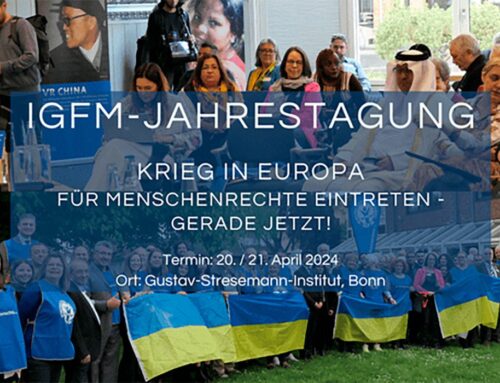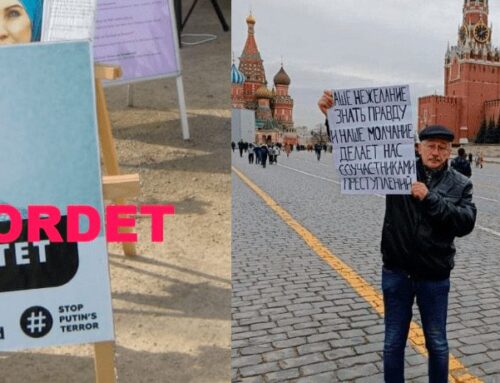Monitoring the case of Kulish Natalya Igorevna (hearing on 05/21/2020)

On May 21, 2020, in the Zaliznychny District Court of the city of Lvov, the case was examined in criminal proceedings No. 12019140000000394 on charges of Natalya Kulish in an attempt to sell her minor daughter to the Czech Republic for sexual slavery (under part 3 of article 149 of the Criminal Code of Ukraine). Criminal proceedings on charges of Kulish N.I. was considered solely by Judge Rumilova N.M. The court hearing in this case was scheduled for 11:00 am and began 40 minutes late. The International Society for Human Rights continues to monitor this case.
The course of the hearing. As the accused’s detention expire on 23 May 2020, the prosecutor Krishtanovich S. S. filed a motion to extend the measure of restraint in the form of detention for 60 days with the possibility of making a bail in the amount of UAH 192,000. He argued the application by the fact that the risks under Art. 177 Code of Criminal Procedure of Ukraine, which were the basis at the time of applying the measure of restraint, did not decrease, but the grounds for application in relation to the accused Kulish N.I. a milder measure of restraint, other than detention, has not been established.
The accused’s lawyer, Sidoruk E.O., objected to the application, noting that the prosecutor’s application did not contain substantial evidence of the risks under Art. 177 Code of Criminal Procedure of Ukraine. The accused herself supported the request of her counsel. According to Sidoruk E.O., the prosecutor, stating a request for an extension of the measure of restraint, refers only to one reason – the gravity of the charge.
Analyzing the petition of the prosecution, ISHR focuses on paragraph 3 of Art. 5 of the Convention for the Protection of Human Rights and Fundamental Freedoms (hereinafter referred to as the Convention), according to which, after a certain period of time, the mere existence of reasonable suspicion does not justify deprivation of liberty and the courts should give other reasons for the extension of detention (judgment in the case of “Borisenko v. Ukraine”, “Yablonsky v. Poland”). Moreover, these grounds should be clearly indicated by the national courts (“Eloev v. Ukraine”, “Kharchenko v. Ukraine”). And the fact that the court granted the prosecutor’s request that does not meet the requirements of the Code of Criminal Procedure by extending detention for 60 days may indicate a problem of automatic extension of detention.
According to the defense, court hearings are appointed only with the aim of extending the measure of restraint in the form of detention, since the criminal case itself is not, in fact, considered. The court in its ruling did not state any arguments for extending the period of detention. In addition, after receiving the text of the decision, the lawyer noted that it did not correspond to the course of the trial. The International Society for Human Rights expresses its concern regarding the legality and fairness of such a court decision.
In its decisions, the European Court of Human Rights notes that although the national court has a certain margin of appreciation with regard to the choice of arguments in a particular case and the adoption of evidence in support of the parties’ positions, the authority is obliged to justify its actions by providing reasons for its decisions (“Suominen v. Finland ”).
The date of the next hearing has not yet been set. Experts from the International Society for Human Rights continue to monitor this lawsuit.








Leave A Comment